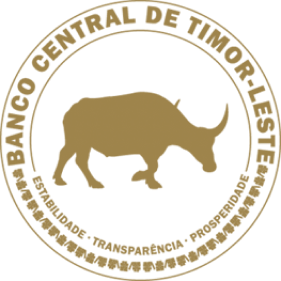Information on damaged or Mutilated Currency
With reference on section 9 of the Banco Central de Timor-Leste (BCTL) Instruction No. 02/2004 on Deposit and Withdrawal of Currency and Coins by Commercial Banks stated that; the mutilated paper currency shall, on the acceptance by the BCTL, be credited at the face value with the following condition;- Mutilated paper currency includes notes that are torn (with clearly more than 60% of the original note remaining), patched or perforated;
- Torn currency shall be mended on the back, not on the face, with the transparent tape that preserve, as nearly as possible, the original design and size of the note;
- Pins, clips, and other metallic substances shall be removed to avoid damaged to note processing machinery.
- The United States coins are considered mutilated when they are punched, clipped, plugged, fused together, bent or twisted out of shape, or so defaced as to be not readily and clearly identifiable as to genuineness and denomination. These coins shall be sent directly to United State Mint.
- The centavos coins shall be deemed to be mutilated with the following conditions;
- That have been cut, stamped, beaten or in any way damaged so that the form or surface is charged or the weight reduced;
- That are punched, clipped, fused together, bent or twisted out of shape, or so defaced as to not be readily and clearly identifiable as to genuineness and denominations;
- That have been reduced in weight due to natural wear and tear;
- These mutilated centavos coins shall be submitted to the BCTL for exchange at its absolute discretion, based on a technical evaluation of the coins submitted.
The sample of mutilated paper and centavos currency on the acceptance by the BPA:
| US $100 note |
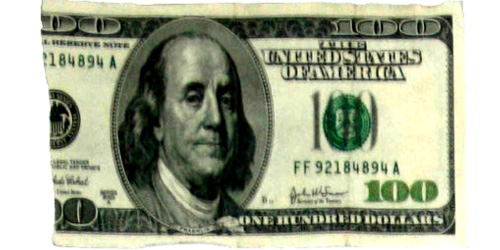  |
| US $50 note |
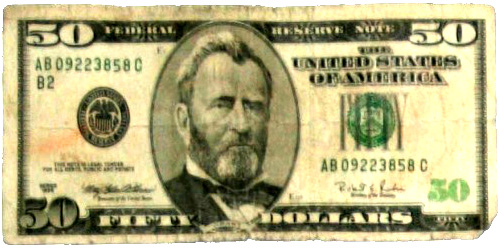 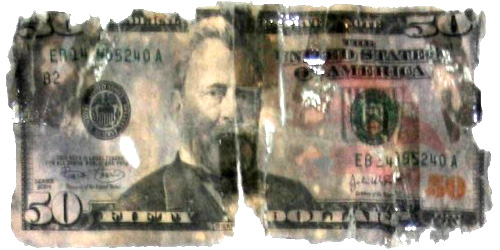 |
| US $20 note |
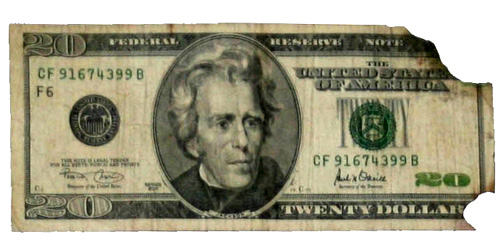 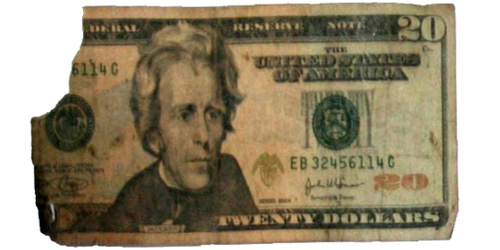 |
| US $10 note |
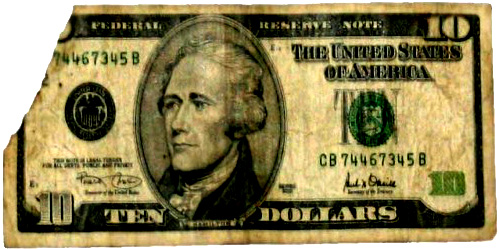 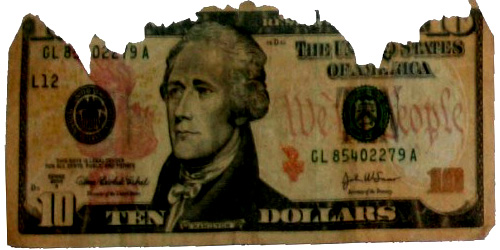 |
| US $5 note |
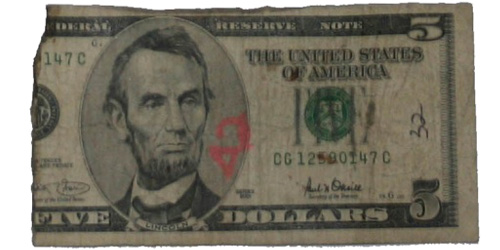 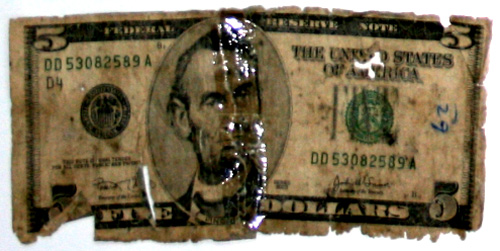 |
| US $1 note |
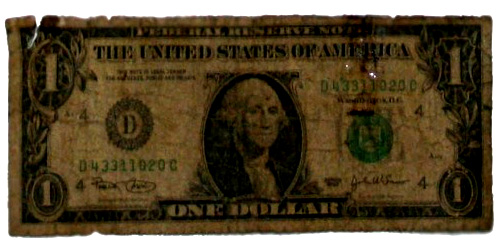 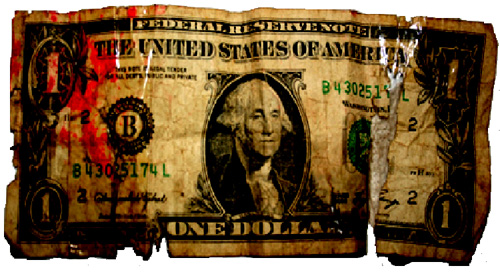 |
| Centavos Timor-Leste |
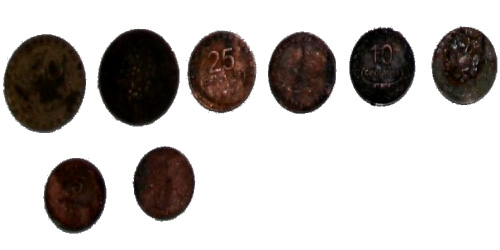 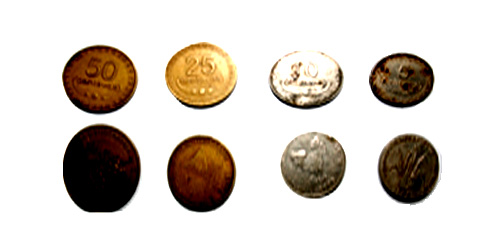 |
For further information, please contact:
Division of Currency Operations;
Department of Banking and Payments System, BCTL
Tel. No(+670) 3 313 718 Ext.121
*Mutilated currency is a term used to describe currency which is very badly damaged, to the point where it is difficult to determine the value of the currency, or where it is not clear that at least half of the note is present. Common causes of damage are fire, water, chemicals, explosives, animals or damage from extended burying of the currency.
